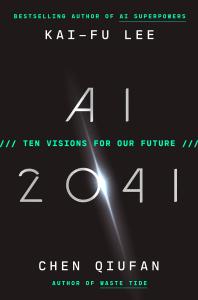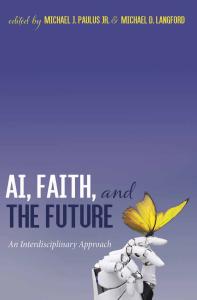This morning Chris Lim, founder of TheoTech and a former Amazon engineer, gave an excellent talk in Seattle titled “A Second Reformation?” Looking back at the Protestant Reformation—which responded to corruption in the church, leveraged the new technology of the printing press, and reimagined how we think of vocation—Chris asked if it is time for another Reformation.

What was most interesting in Chris’s view of the present moment is the corruption of our time—i.e., how the church wastes people’s time. This is a practical concern, when people are asked to travel to a particular place for a period of time and participate in scheduled activities that may not be the most transformative use of their time. But this is also a theological concern. On this side of Easter, time is apocalyptic—participating in new creation—and the scale of our information and communication technologies (ICTs) and networks is global (Chris’s work focuses on automated language translation). And, as we face questions about the future of work, we are gaining new insight into the significance of discerning the vocational trajectories of our lives.
The affordances of digital ICTs, joined with a theology of new creation, require a reorientation to time. Print further extended written communication across space and time, but digital ICTs bring the future into the present and physical places in new ways.
Chris encourages churches to reconfigure themselves as platforms, leveraging new and emerging technologies to empower broader and more inclusive participation outside of traditional structures and spaces. This doesn’t necessarily mean losing what a church is fundamentally. It does mean a radical reconstruction of what a church looks like and how it operates.
An institutional model from which the church might learn much is the library. Libraries, which are among our most ancient institutions, have always evolved along with technology. They have transformed technologies—especially technologies of the word—and been transformed by them. The automation and digital transformation of libraries, which began during the latter half of the previous century, led to new resources, services, and environments. All of these have broadened the role and impact of the library as an institution and a platform. After many millennia, the library continues its ancient and future-oriented mission of selecting, collecting, and mediating access to information for the cultivation of attention and agency.
The digital transformation of libraries, which continues with emerging technologies such as artificial intelligence, preserves the essence of what a library is and is for. At the same time, digital transformation enhances what a library is and is able to do.
The church emerged to mediate access to a collection of texts—the bibliotheca or book repository, which came to be known as the Biblia (Books) and then the Bible. The church always has, in a way, functioned like a library. Perhaps the technology of the library would be a useful model for the church as it reorients itself to time and reforms itself.












